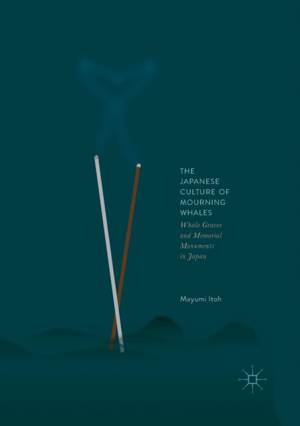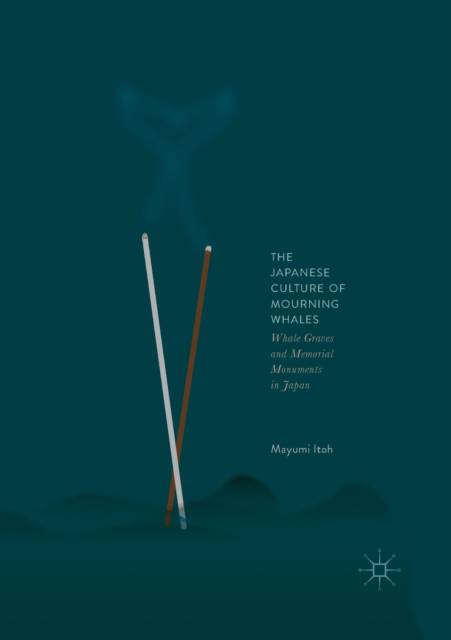
- Retrait gratuit dans votre magasin Club
- 7.000.000 titres dans notre catalogue
- Payer en toute sécurité
- Toujours un magasin près de chez vous
- Retrait gratuit dans votre magasin Club
- 7.000.0000 titres dans notre catalogue
- Payer en toute sécurité
- Toujours un magasin près de chez vous
The Japanese Culture of Mourning Whales
Whale Graves and Memorial Monuments in Japan
Mayumi Itoh
Livre broché | Anglais
137,45 €
+ 274 points
Format
Description
Addresses the controversial practice of Japanese whaling
Highlights the cultural and historical value of Japan's whaling culture and memorial rites for whales
Assesses the relevance of this culture to nature conservation and management of sustainable use of natural resources
Spécifications
Parties prenantes
- Auteur(s) :
- Editeur:
Contenu
- Nombre de pages :
- 267
- Langue:
- Anglais
Caractéristiques
- EAN:
- 9789811349287
- Date de parution :
- 25-12-18
- Format:
- Livre broché
- Format numérique:
- Trade paperback (VS)
- Dimensions :
- 148 mm x 210 mm
- Poids :
- 385 g

Les avis
Nous publions uniquement les avis qui respectent les conditions requises. Consultez nos conditions pour les avis.






